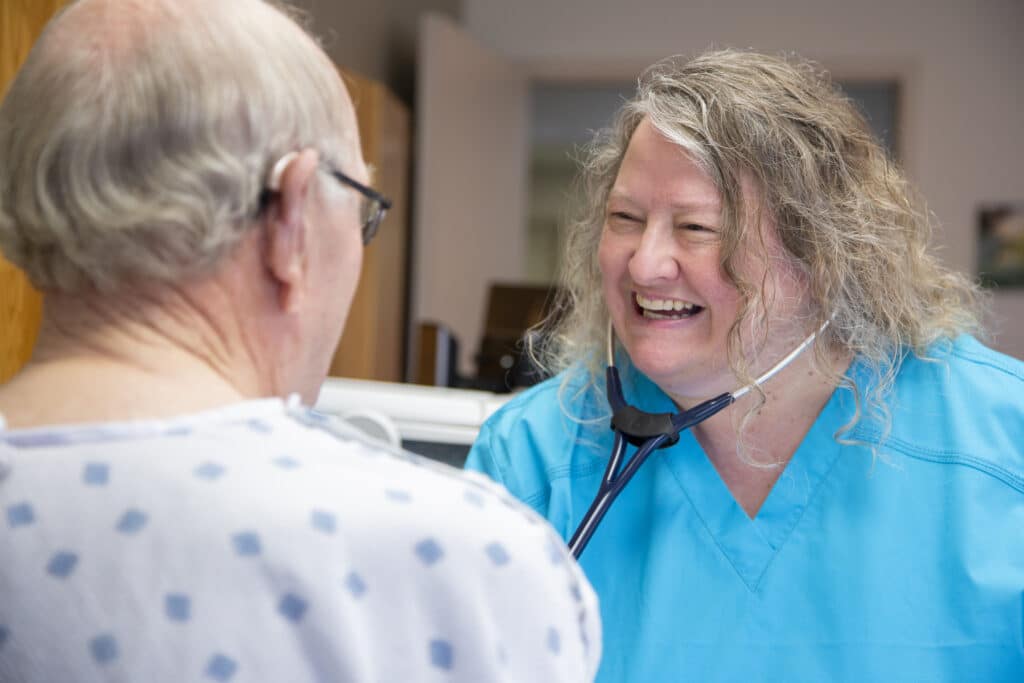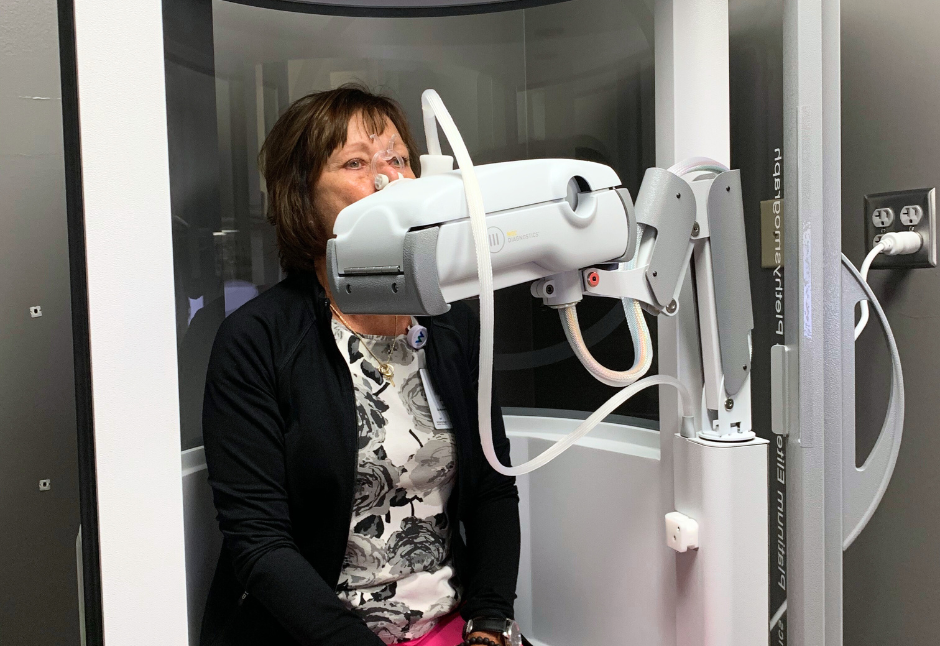Let us help you breathe easier.
Respiratory care specializes in treating individuals suffering from breathing and cardiac disorders. Windom Area Health staffs a Respiratory Therapist who is trained on advanced respiratory medical equipment and who works closely with patients to help them manage their conditions.
For more information, give us a call at 507-831-0647.

Pulmonary Rehabilitation
Pulmonary rehabilitation is a program that combines education and exercise to help you manage your breathing problem, increase your energy level and decrease your feeling of breathlessness. During the education portion of the program you will learn about your lung disease and how to become more “in charge” of your breathing instead of your breathing being “in charge” of you. You’ll become stronger by increasing your level of fitness. Exercising your lungs and muscles will help you be more active so you can continue to do the things you enjoy. Pulmonary rehabilitation may even decrease the need for hospital visits.
Pulmonary Function Tests
Pulmonary Function Tests (PFTs) are noninvasive tests that show how well the lungs are working. The tests measure lung volume, capacity, rates of flow and gas exchange. Your healthcare provider can use this information to diagnose and treat certain lung disorders.

